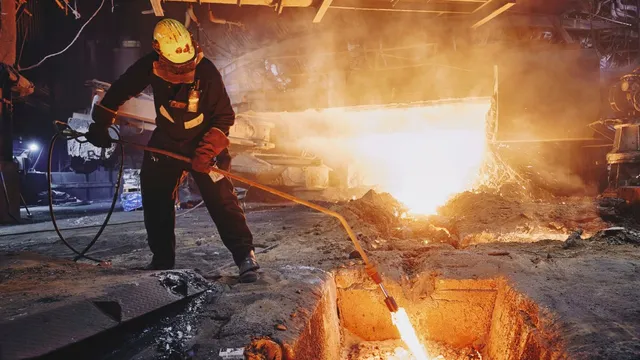
Germany invests heavily to electrify steel industry
2025-06-16 10:25- The German government has launched initiatives to provide significant financial support to companies in the steel industry.
- These subsidies are aimed at accelerating the shift towards electric production processes that reduce carbon emissions.
- The effectiveness of this approach could influence how other countries implement their own industrial transformation toward sustainability.
Express your sentiment!
Insights
Germany has been at the forefront of efforts to transition its industrial base to more sustainable practices. In recent months, the government has moved to implement a series of substantial financial incentives aimed at accelerating the electrification of key industries, specifically targeting steel production. With these initiatives, German ministers are encouraging companies to adopt green technologies and reduce their carbon footprints. The substantial subsidies are intended to facilitate the adoption of electric processes instead of relying on traditional methods that have significant environmental impacts. The impact of these subsidies is seen as a potential game-changer for the steel sector, which has long been criticized for its contributions to greenhouse gas emissions. The push for electrification represents not only a commitment to environmental responsibility but also a strategic move to keep German industries competitive in a global market increasingly focused on sustainability. By leading the charge, Germany hopes to set an example for other countries and industries that may lag in their transition efforts. As the program unfolds, observers are closely monitoring its effectiveness and the real-world implications for companies that take advantage of these subsidies. There is cautious optimism regarding the potential outcomes, as lessons learned from Germany could provide valuable insights for other nations looking to follow suit. The success of this initiative could encourage further investment in green technologies and stimulate economic growth in sectors focusing on sustainable practices. In the broader context, this development poses a challenge for Britain and other countries, which are also attempting to navigate the complexities of transitioning to greener industries amid financial constraints. Whether these strategies will be met with similar political will and investment remains to be seen, offering a potential lesson on the importance of government support in achieving significant industrial changes towards sustainability.